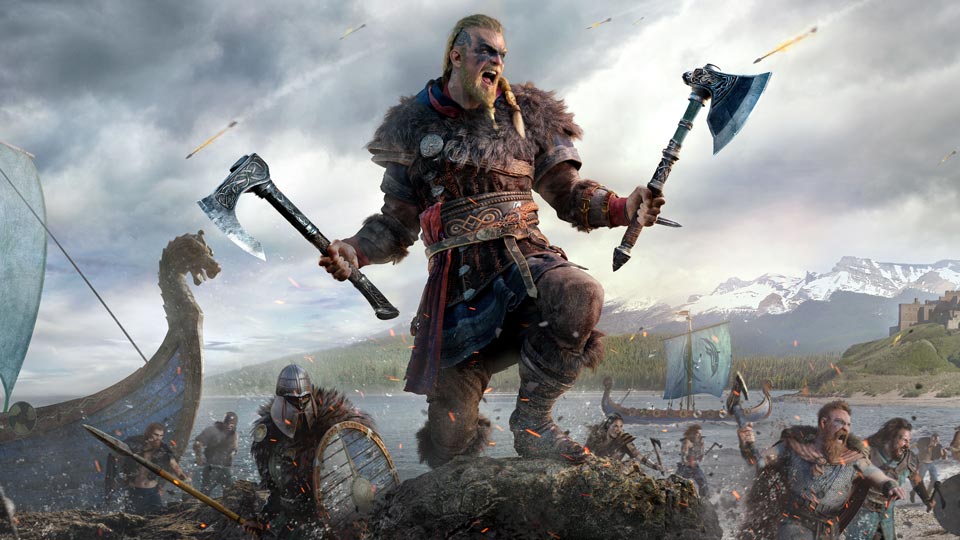If you’re a history buff or a gamer, you might not like the link between the two pursuits. Broadly speaking, gaming is too low-brow for historians, while history is too archaic and stuffy for gamers. On the surface, they are not a match made in heaven, not in the slightest.
Of course, looks are often deceiving. In this case, although there doesn’t appear to be a connection, the reality is that both passions dovetail perfectly. If you’re unsure why, please carry on reading to find out more.
The Increasing Accuracy of Storylines
Let’s face it – historical accuracy isn’t something that’s usually associated with the gaming sector. As a form of art, the developers have a license to tweak the past to ensure it suits the game’s narrative. Therefore, what the characters on the screen do and the players get to experience is loosely based on the events it’s centered around. That’s fine for gamers, yet historians take exception to this because they believe the truth is paramount.

Thankfully, the caveat between what occurred and what takes place on the screen is no longer an issue because titles are encouraging people to learn more about the eras that they depict through the gameplay. The result? Fun and enjoyable releases that are accurate. There are numerous examples of the strategy at work, from games like Verdun and Kingdom Come: Deliverance to the Assassin’s Creed series. The latter employed historians and Egyptologists to create the setting for Assassin’s Creed: Origins to make for a life-like replica, highlighted by the Lighthouse of Alexandria that was designed with help from written documents and some of the preserved foundations.
It’s not only video games that are adopting the process because online casino providers are utilizing authentic experiences to engage a broad customer base, which explains why the industry’s value has skyrocketed in the past decade. The legitimacy of the gameplay makes this a fun experience that people want to play. Bold slot games such as Aztec Chief and Viking’s Rampage epitomize this since they combine historical accuracy, such as characters based on Norse warriors, with adrenaline-fueled entertainment that can result in rewards. Essentially, modern gaming will appease your eye for detail while indulging your desire for some well-deserved “me time”.
Gaming & Life Skills
While you shouldn’t let people discourage you from your passion, it is essential to consider how you can transform it into a lifestyle or possibly career. Unfortunately, certain parts of history degrees aren’t synonymous with this. For instance, it can be tough to use your specialty to gain a foothold in a successful career since job opportunities for historians are fewer and farther between than most people. The good news is that gaming is a fantastic venue for improving your life skills because there is a link between playing games and certain roles. Civilization, for example, is proven to boost strategy and resource management skills, making you more likely to be a manager.
There is even a company called Game Academy that is designed to tailor cutting-edge careers programs to gamers. This is only one element where gaming can fill in the gaps in your life skills, but there are tons more that make the activity perfect for players who want to level up and be more competent in every environment.
History and gaming go hand-in-hand, so if you’re a history fan, it might be time to sample what the industry has to offer. You will be surprised at the positive side-effects that you’ll encounter.













Leave a Reply